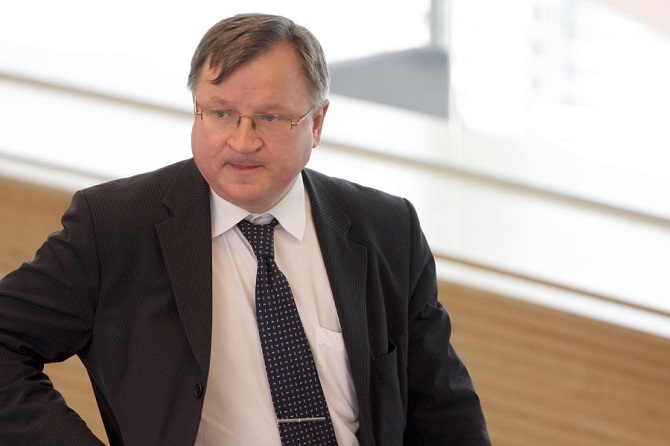Refugees and asylum seekers are entitled to adequate protection according to international humanitarian law and human rights standards. Uprooted from their home countries, cultural practices, traditions and faith may be all these migrants carry with them, so an attachment to them becomes all the more important to the preservation of their human dignity, and indeed to their physical and psychological integrity.
Unanimously adopting a resolution based on the report prepared by Egidijus Vareikis (Lithuania, EPP/CD), the Assembly considered that “the beliefs and religious practices of migrants and refugees need to be taken into account as an essential factor in successful reception and integration policies”. It therefore called on member States of the Council of Europe “to express their political will to ensure greater protection of refugees and asylum-seekers in Europe by preventing religiously motivated violence and discrimination”.
According to the parliamentarians, member States should “foster inter-religious and inter-faith dialogue in the context of asylum procedures”, resolve faith-based conflicts inside refugee reception centres and temporary accommodation facilities more effectively and with greater respect for the dignity and rights of refugees and asylum seekers, and promote good practices and grassroots initiatives “encouraging interreligious dialogue and peaceful living together”, in a gender sensitive manner.
PACE





















































